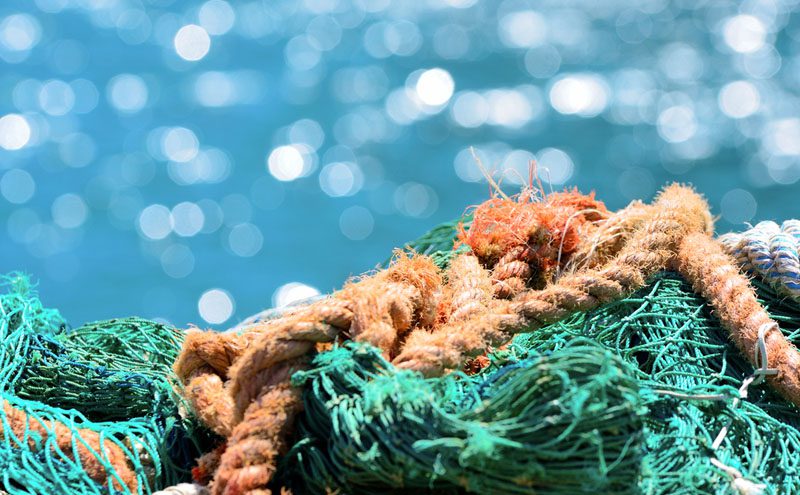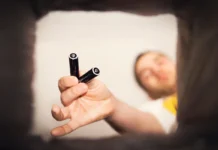
The UK Government has awarded £200k to a group at the University of Plymouth to conduct research that aims to better understand the nature of the threat posed by microplastics in the marine environment.
Hundreds of thousands of tonnes of microplastic threads arise each year from sources like tyres, synthetic clothing materials and fishing equipment like nets and ropes, and it is believed much of this finds its way into waterways. One of the big outstanding questions is ‘how’ – whether it’s to do with fibres entering the wastewater from domestic washing machines, or car tyre friction on road leaving a dust of particles.
The project will build on existing research in this area; some scientists estimate tyres contribute 270,000 tonnes of plastics per year while a single wash load of acrylic clothing could release over 700,000 microfibres into the ocean.
The project is being led by Professor Richard Thompson OBE, Head of the International Marine Litter Research Unit at the University.
He oversaw Defra’s first research project on microplastics and their impact on the marine environment, which led to the UK’s ban on microbeads in rinse-off cosmetics and personal care products coming into force this year.
Environment minister Therese Coffey announced this latest funding on 4 May. Speaking at the National Oceanographic Association’s annual conference in London, she said: “The impact of plastic pollution on our oceans is one of the greatest environmental challenges of our generation. The UK is already leading the way in this area, but we want to go further – and faster. But we can only act where there is robust evidence, and through this exciting project we will build on work underway to better understand how microplastics end up in marine environment and what we can do to tackle this in the future.”
Commenting on the announcement. Alastair Chisholm, director of policy at the Chartered Institution of Water and Environmental Management said:
“The Government’s £200,000 support for research into microplastics in the oceans is very welcome. As well as understanding pathways for microplastics to find their way into the oceans, it is important to recognise that more than half of microplastics end up on land. Not only do we need to understand how they reach land and oceans, and in what volumes, we must also urgently understand their toxicity and how they affect our food chain.”
“Microplastics are ubiquitous, from the deepest oceans to arctic sea ice, the smallest organisms to the largest whales. They are inside us too. We must take concerted steps both to prevent the entry of these plastics into the environment and to understand the effect they are having on ecology and on us.”







